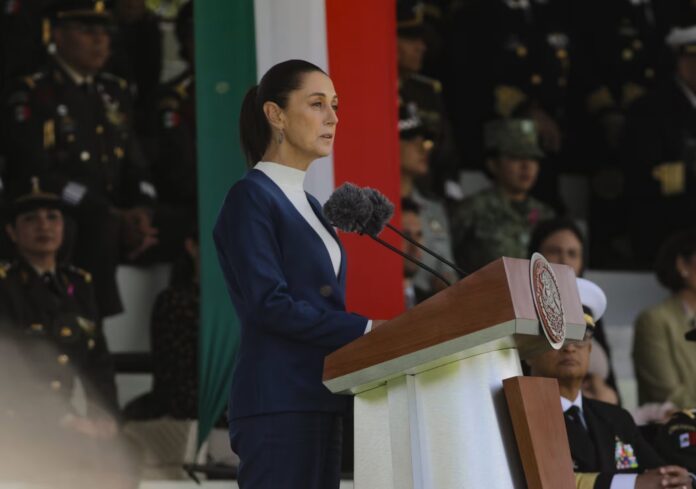The initial trouble began with the guest list for her inauguration. Sheinbaum invited Russian leader Vladimir Putin, Venezuelan President Nicolás Maduro, and Cuban President Miguel Díaz-Canel, which immediately drew criticism from the U.S. and European countries, including Ukraine. Additionally, she caused a significant diplomatic stir by not inviting Spain’s King Felipe VI, insisting he should address the Spanish atrocities during the conquest of the Americas.
Since taking office, Sheinbaum has pledged to take a tough stance with the U.S. on issues such as migration, trade, and bilateral security partnerships. During her inauguration, she declared that her foreign policy would “always defend the grandeur of Mexico and promote relationships of respect, never of subordination.”
Senator Jim Risch (R-Idaho), the top Republican on the Senate Foreign Relations Committee, was among those angered by the invitations to Maduro and Putin (neither of whom attended). He stated, “Inviting such international criminals to one’s presidential inauguration is inconsistent with Mexico’s democratic ideals and our shared interest in a secure, prosperous, and democratic Western Hemisphere.”
Mexico is not only one of the U.S.’s largest trading partners and a major hub for U.S. investment, but it is also a crucial security partner in the fight against illicit criminal networks and drug cartels. These partnerships faced challenges under Sheinbaum’s predecessor, Andrés Manuel López Obrador, amid new waves of cartel violence.
Moreover, Mexico plays a key role in managing migration flows to the U.S.-Mexico border, as the region grapples with an increasingly globalized migrant crisis.
A former U.S. official, speaking anonymously, warned that Sheinbaum’s controversial proposal to place the national guard, the main force combating cartels, under military control would necessitate a significant revision in U.S.-Mexico security collaboration. Sheinbaum supports this proposal.
Some analysts are concerned that Morena, Sheinbaum’s party, is consolidating too much power under the presidency, potentially undermining Mexico’s democratic institutions. Karen Antebi, a former senior Mexican diplomat, remarked that Sheinbaum “takes office with an unprecedented concentration of power.”
The Mexican Embassy in Washington did not immediately respond to a request for comment.
The Biden administration is making efforts to ensure that the bilateral relationship does not deteriorate as it did under López Obrador. The White House sent a large delegation led by First Lady Jill Biden to Sheinbaum’s inauguration in Mexico City. Vice President Kamala Harris also spoke with Sheinbaum shortly after her victory in June.
“Both sides, but especially the United States, should make a strong effort to establish a problem-solving relationship with the new government and build trust. However, we will have to see how successful that will be,” said former U.S. Ambassador to Mexico Earl Anthony Wayne.
Source: Politico






